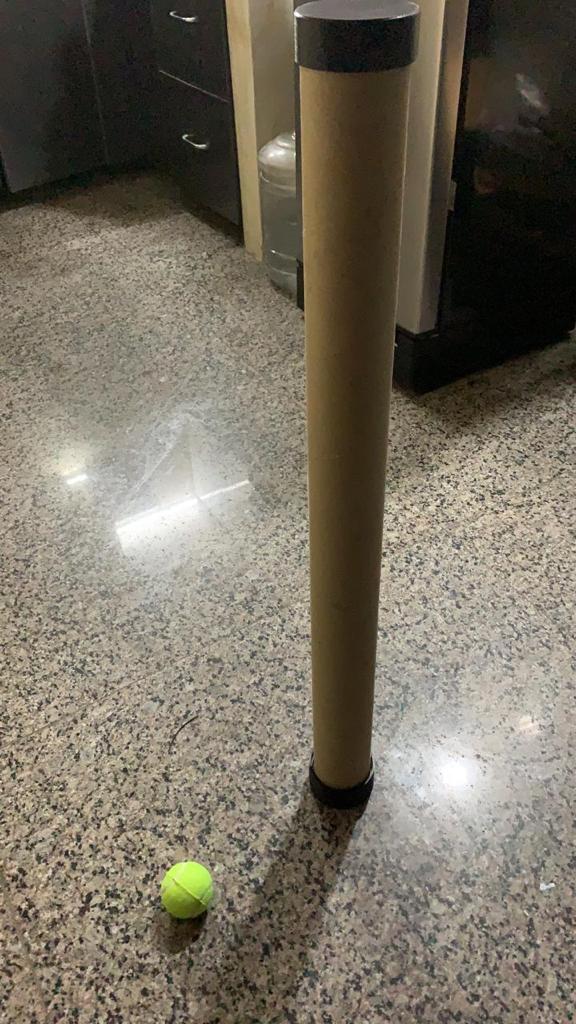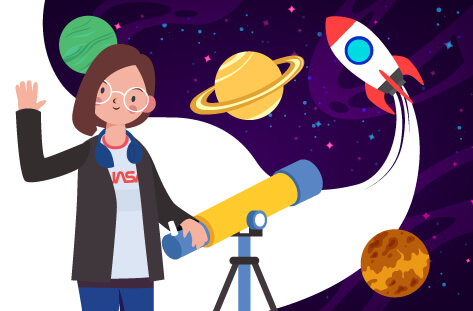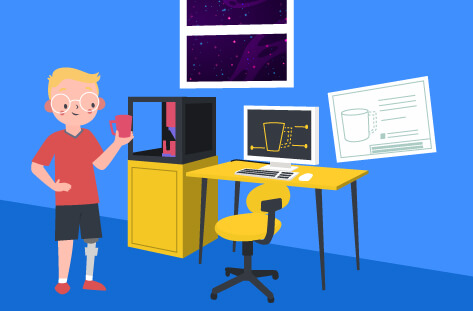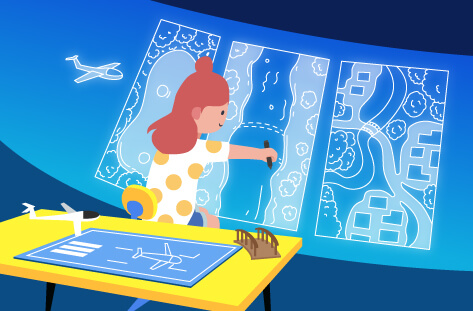

Engineering is the closest thing to magic that exists in the world and this course takes you closest to that magic. Think like Nikola Tesla, Leonardo Da Vinci, Henry Ford and other great engineers of the world and create tangible solutions.
Each project in the course takes a different science fundamental and enable you to solve a real life problem that exist in your surrounding. Remember, Engineering is a mindset. This course gives you just that and does not make you an Engineer.
You will need the following resources & materials to work on the project
- An empty plastic bottle
- Cardboard made into a cone and 4 fins
- A cork
- A pump with a needle adaptor water
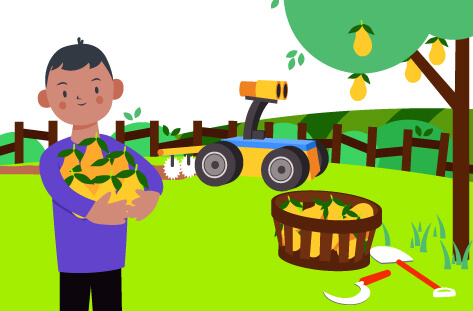
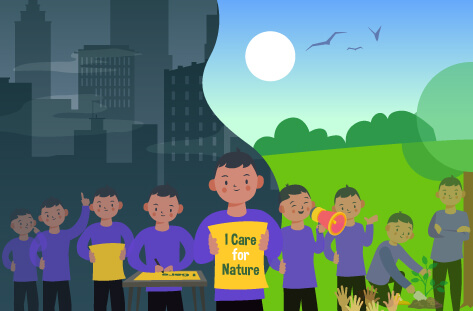
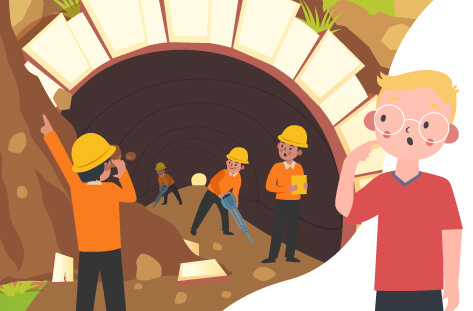
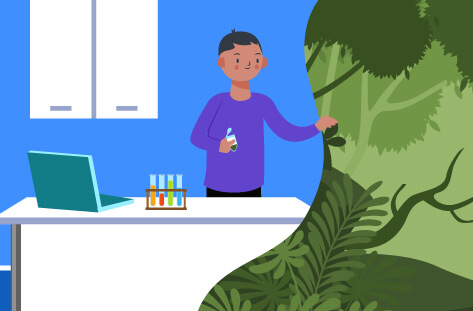
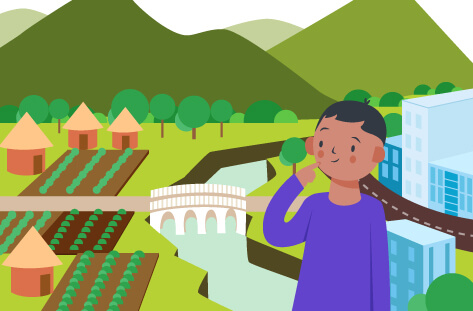
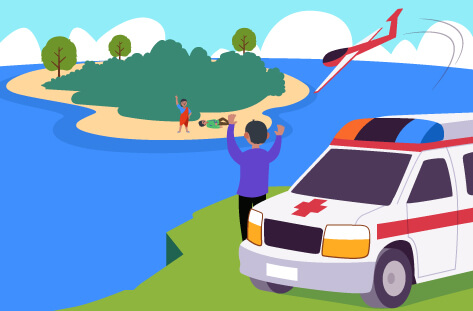
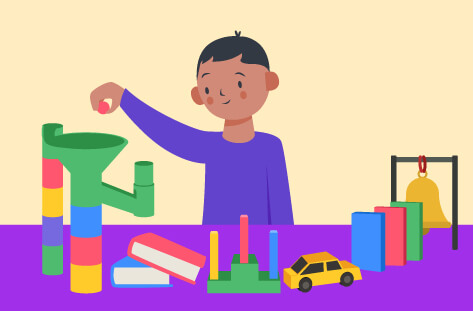
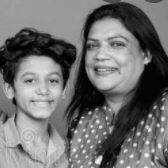
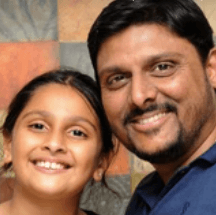
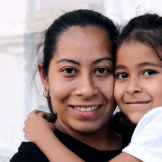
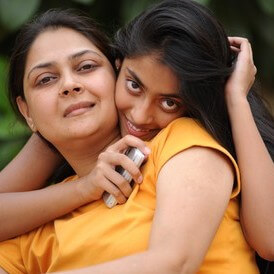
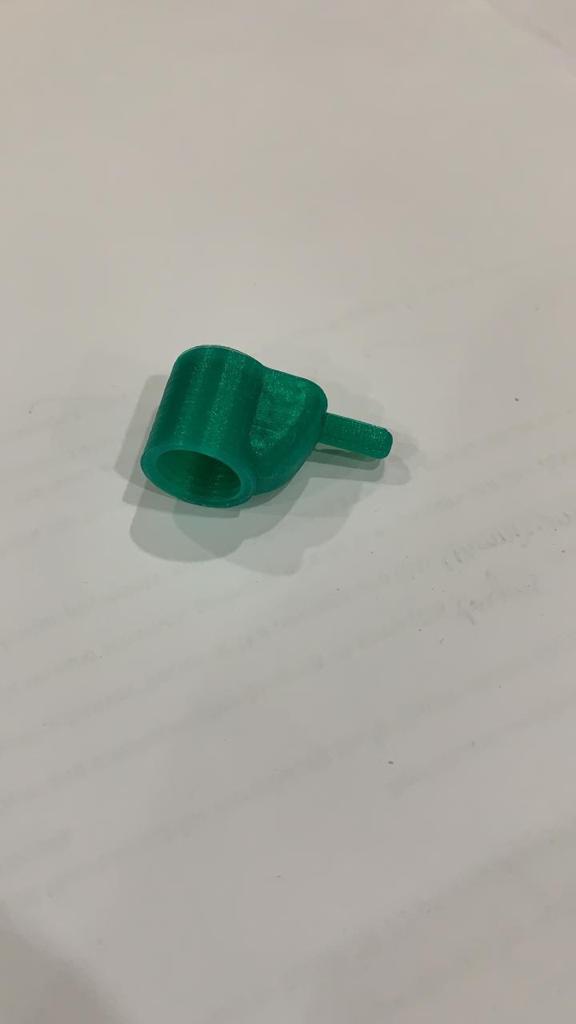
Learners Project
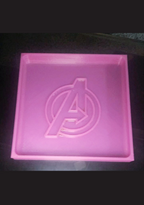
Learners Project
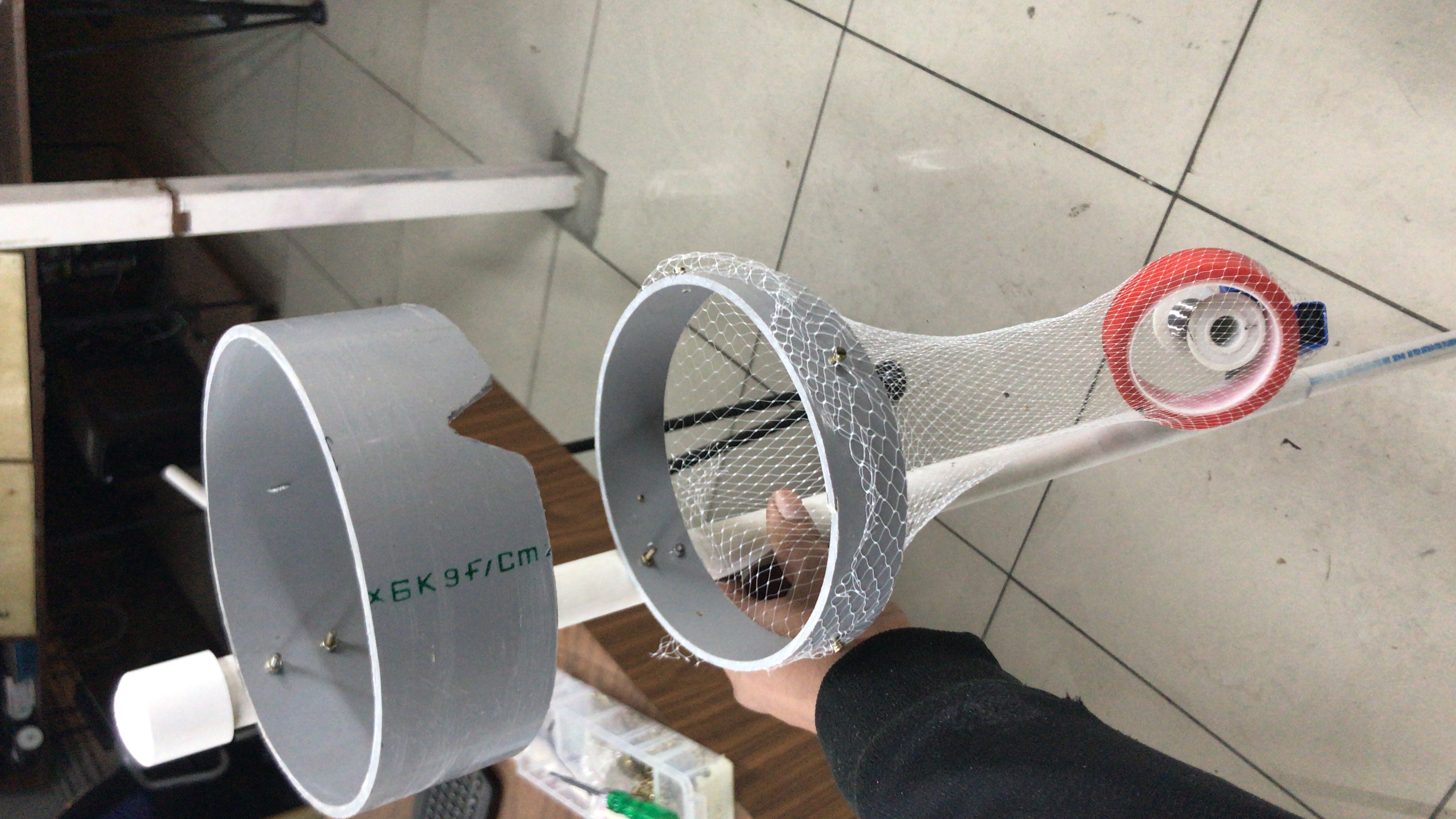
Learners Project
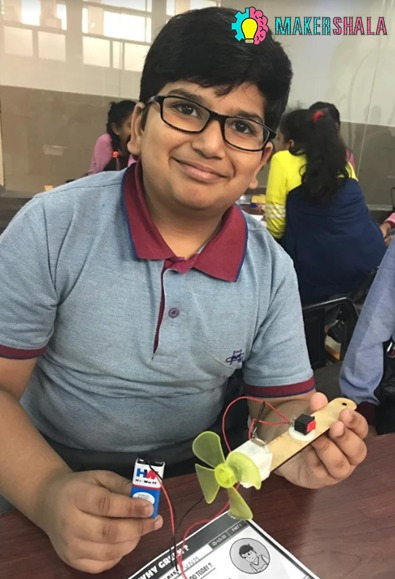
Learners Project
